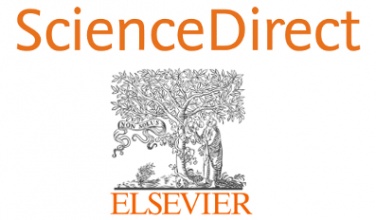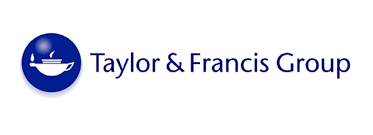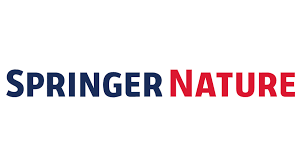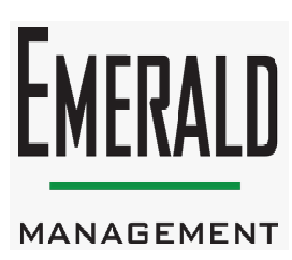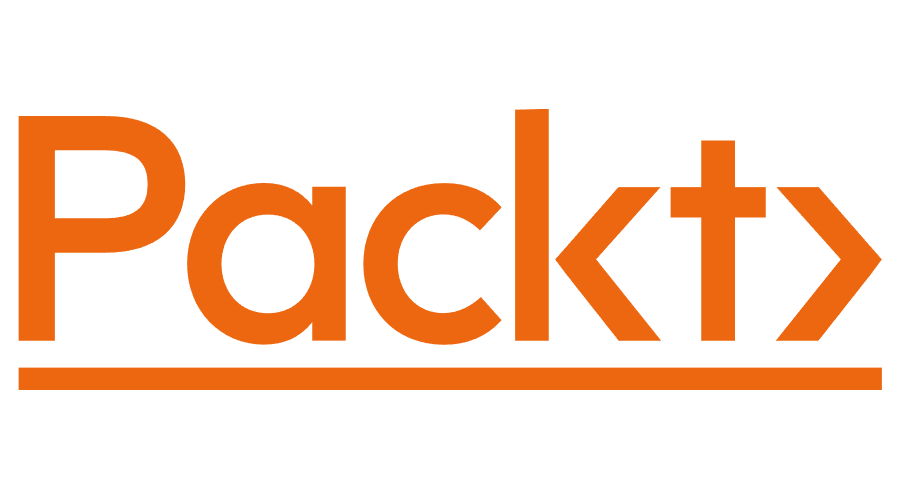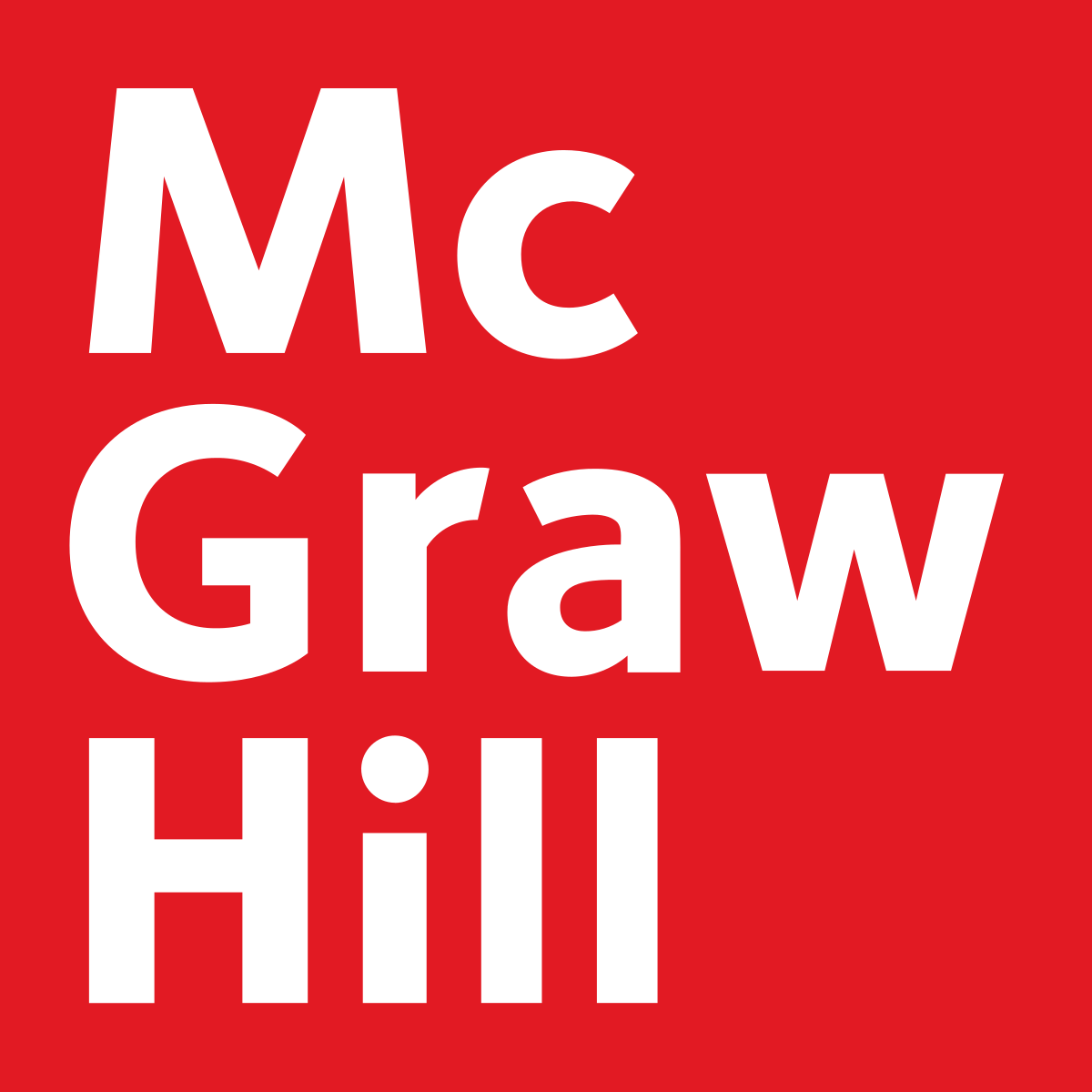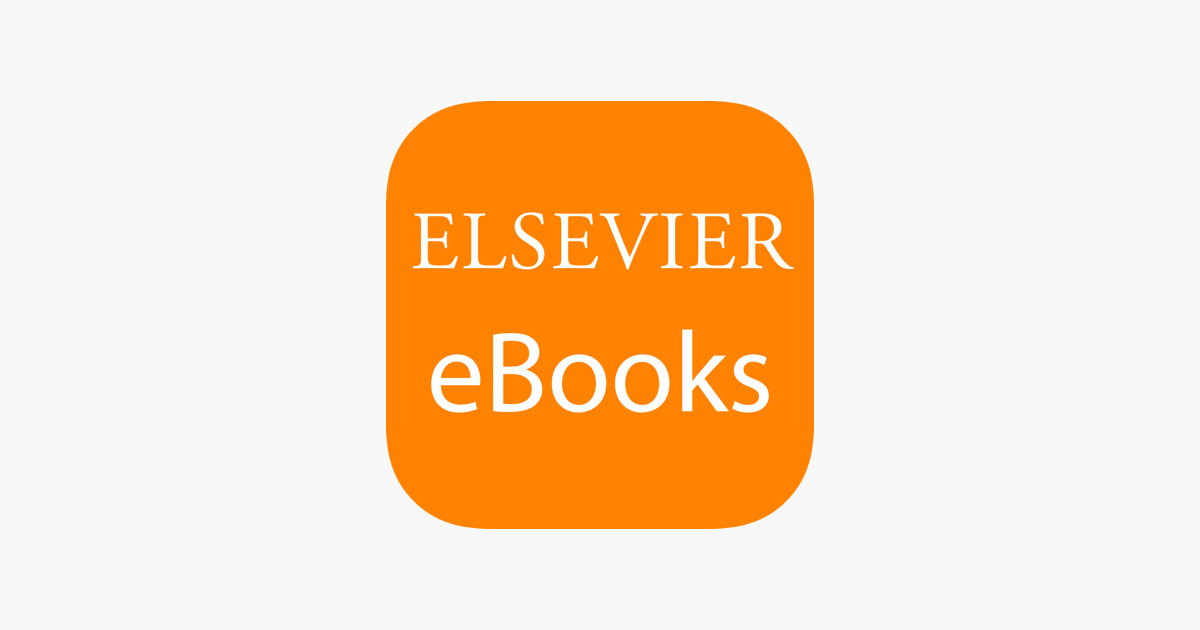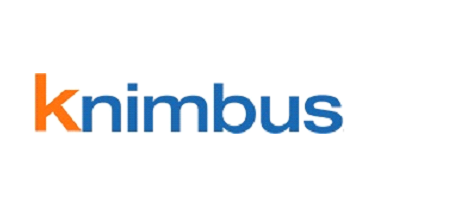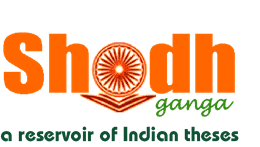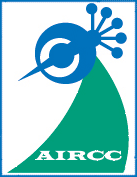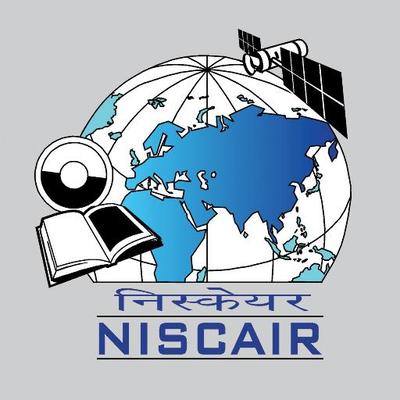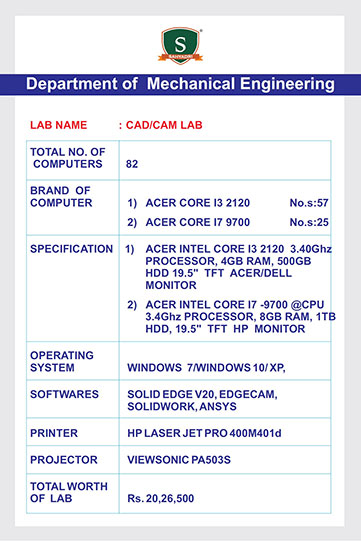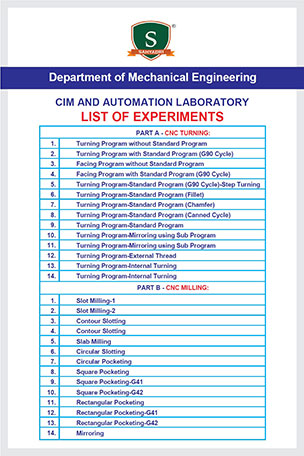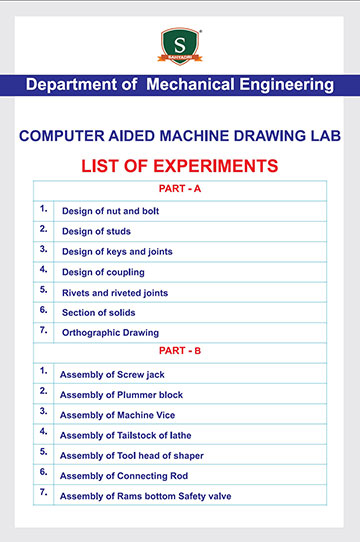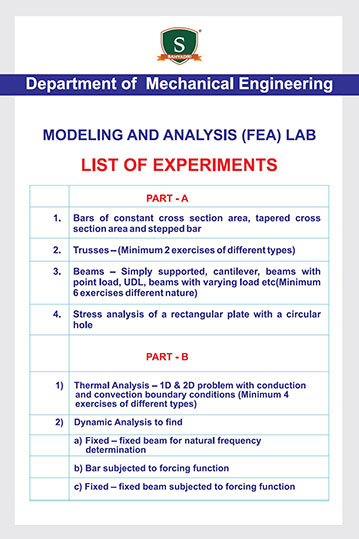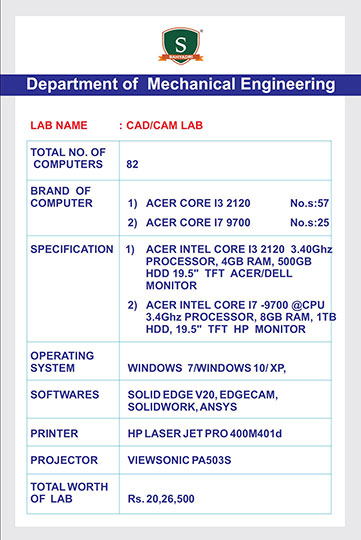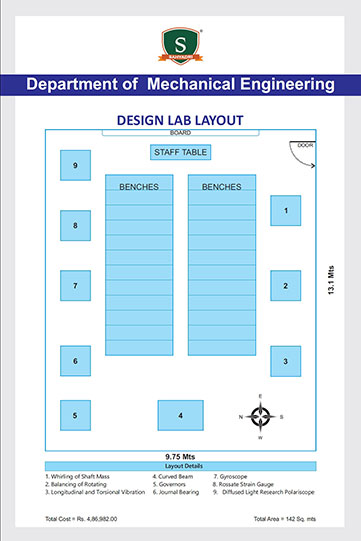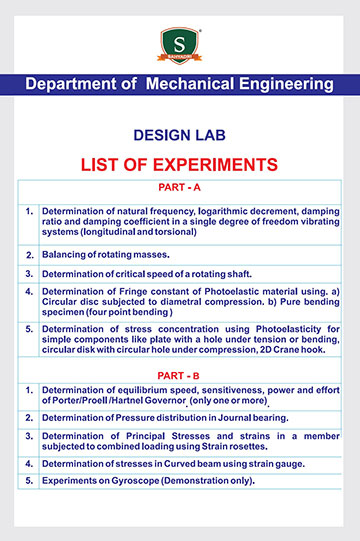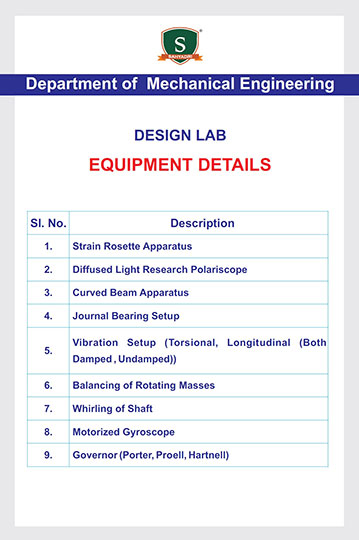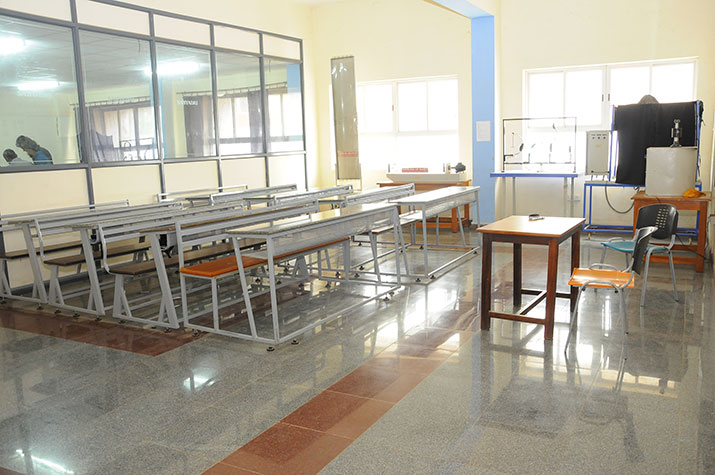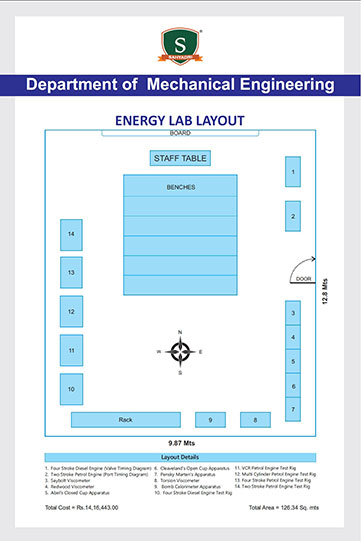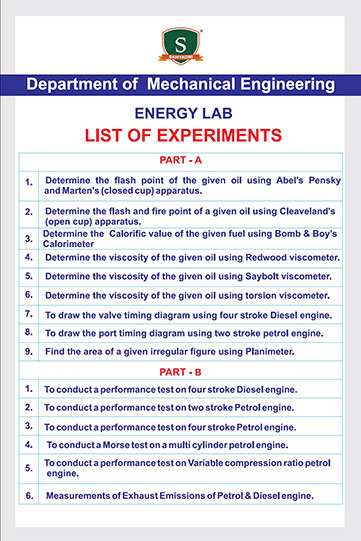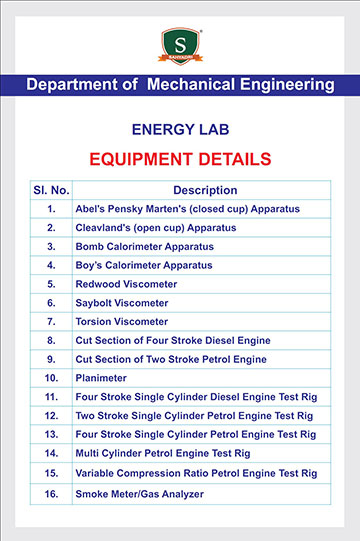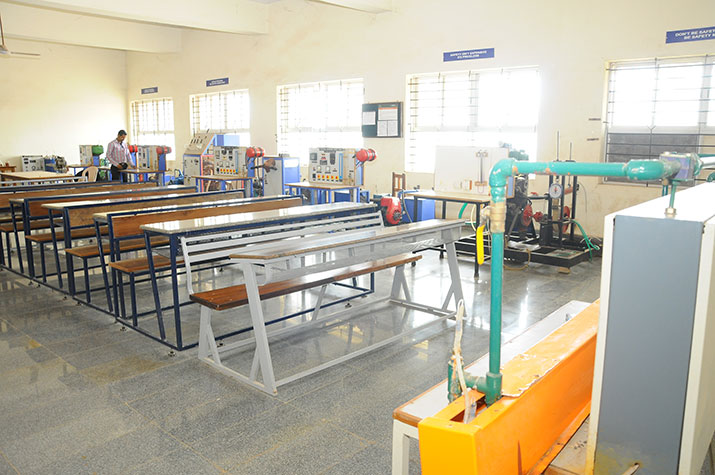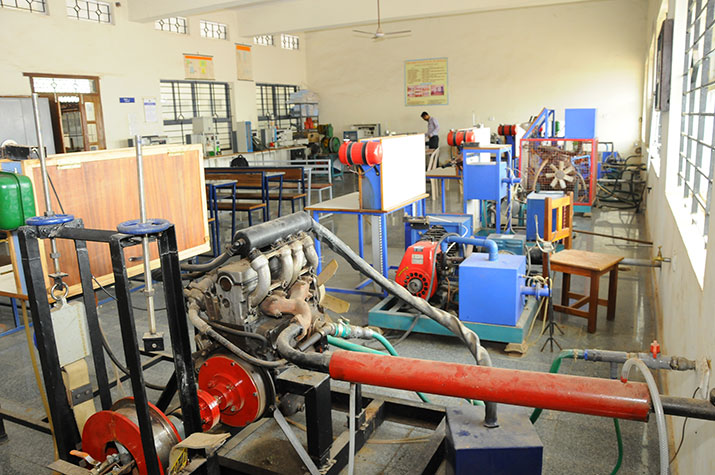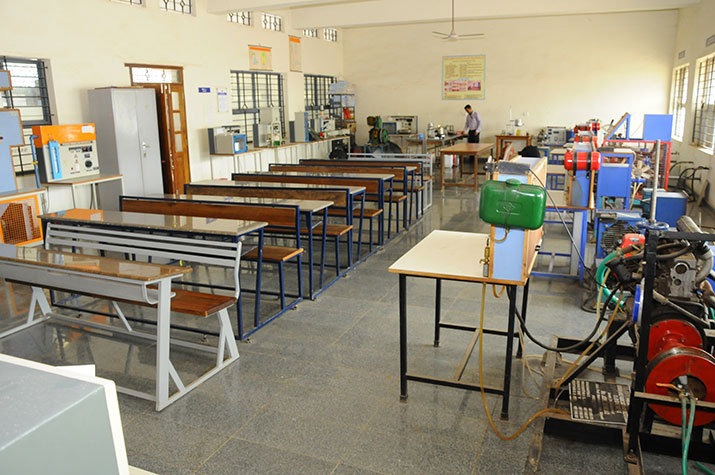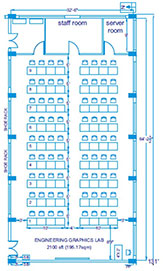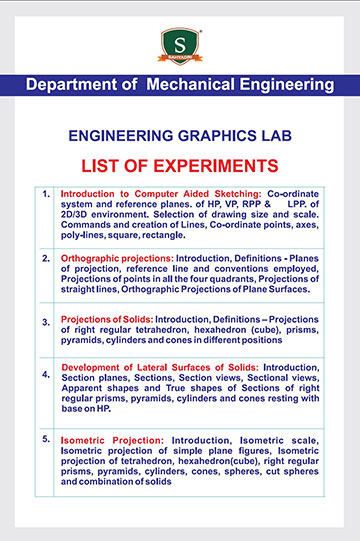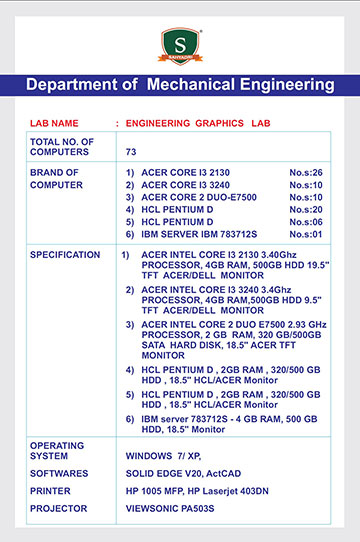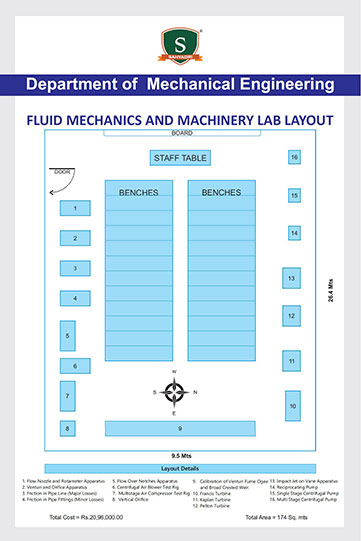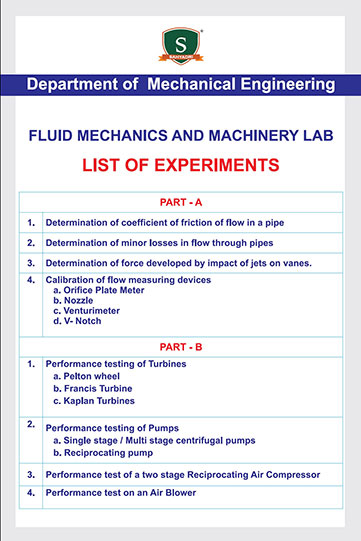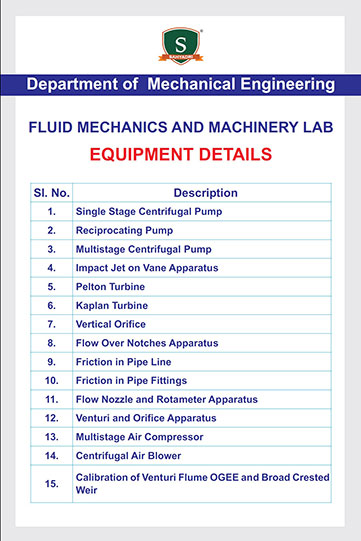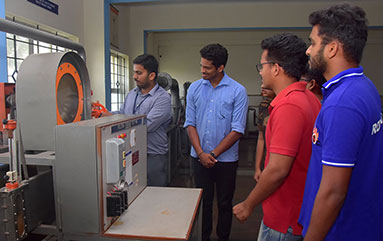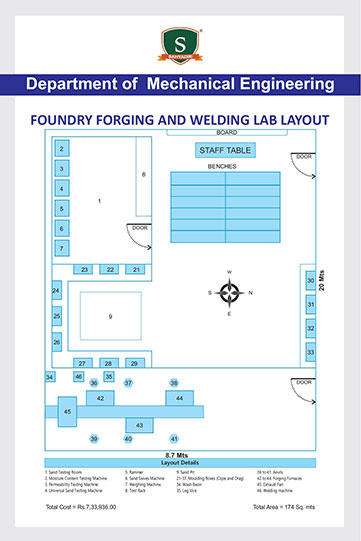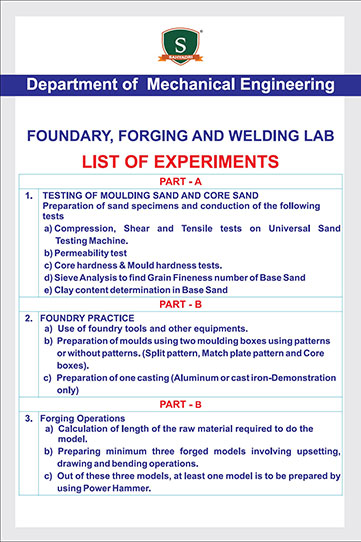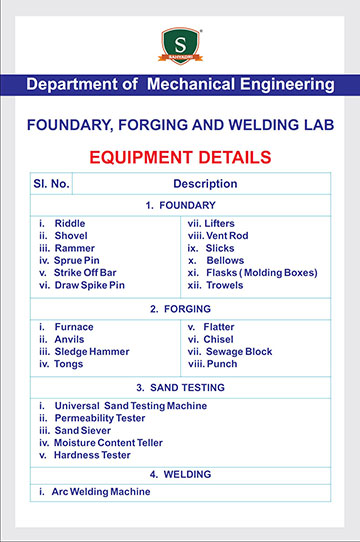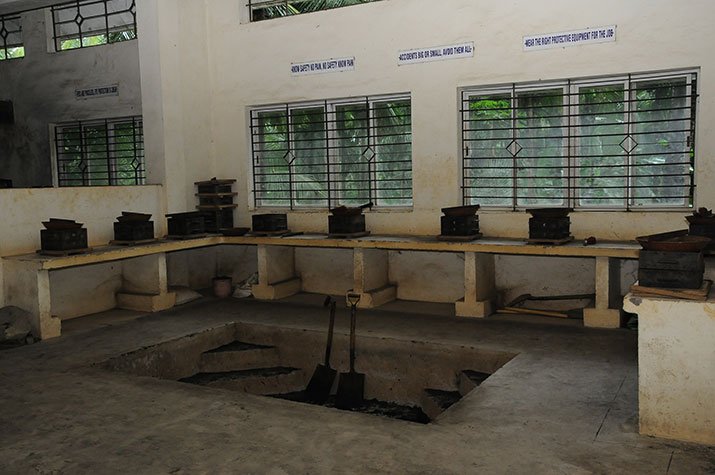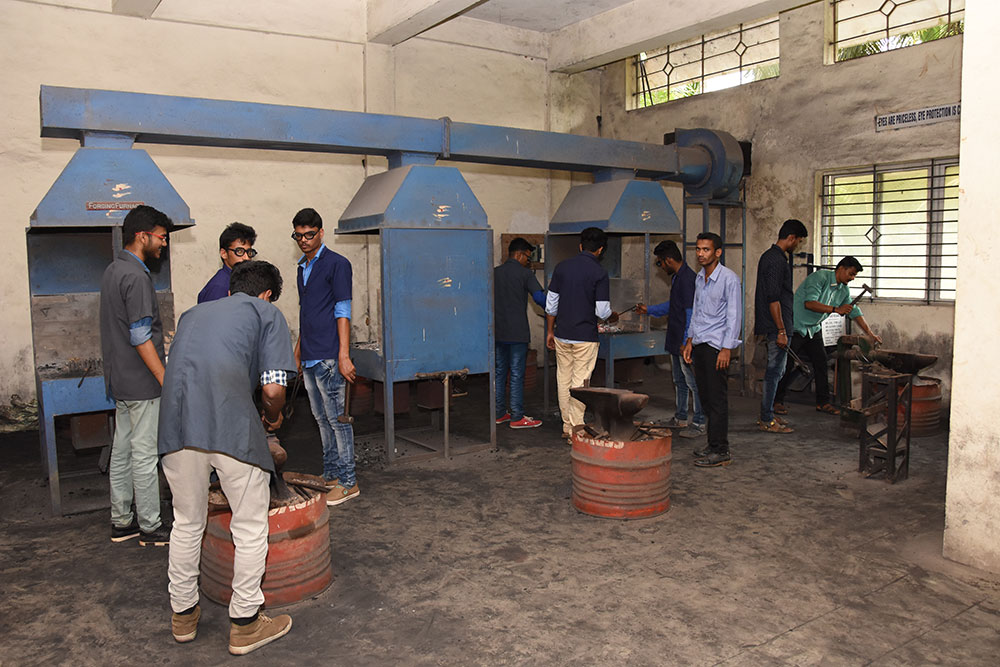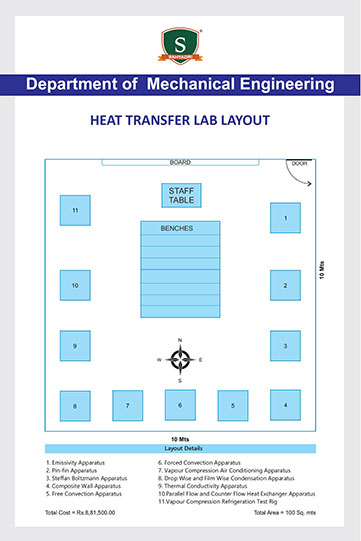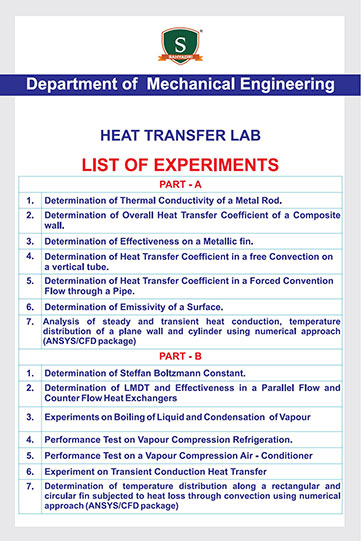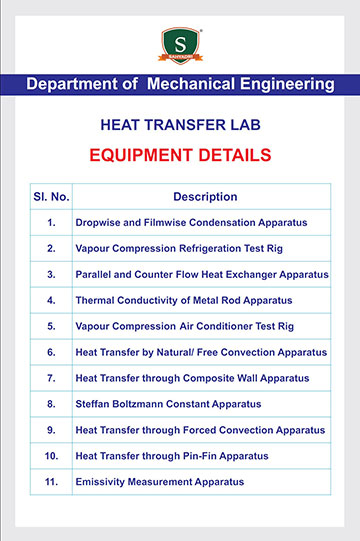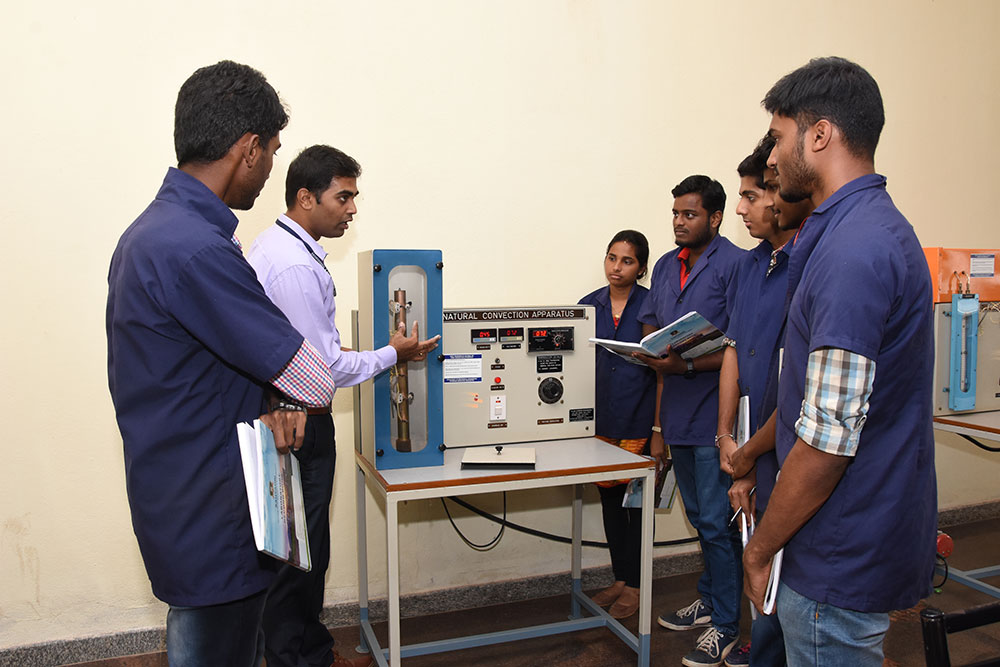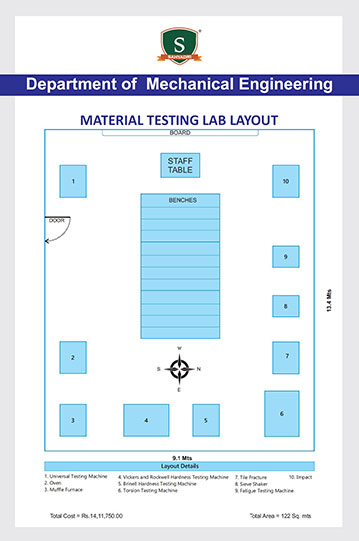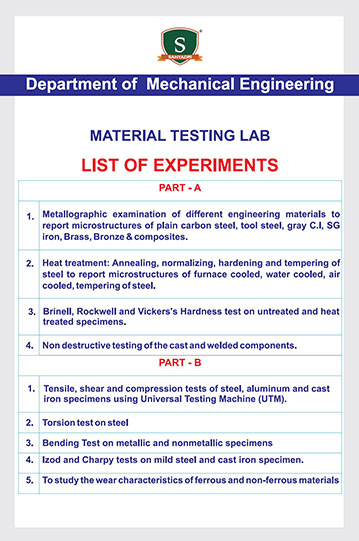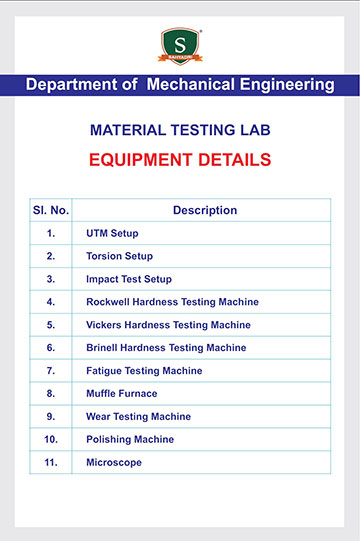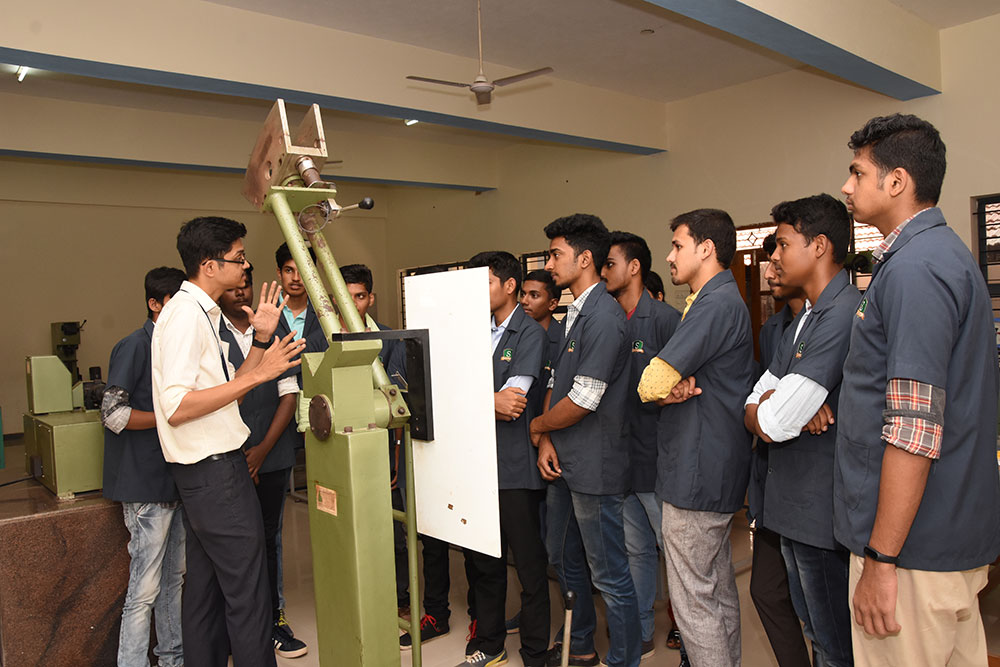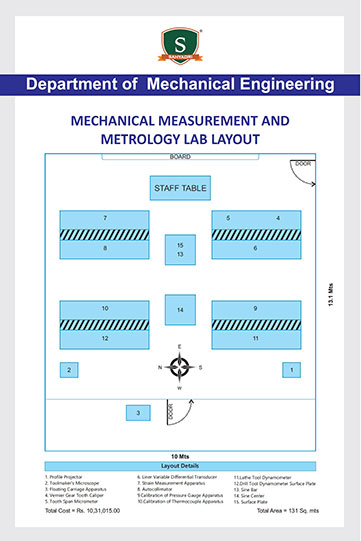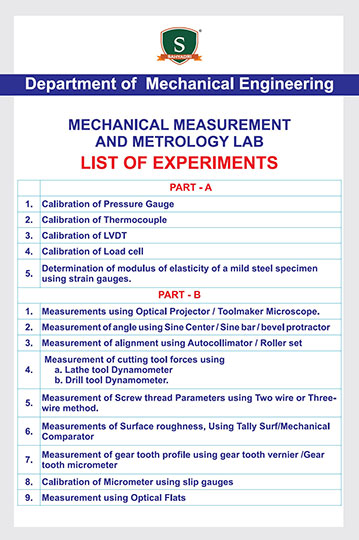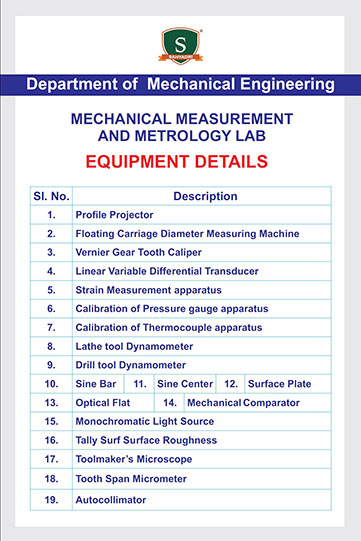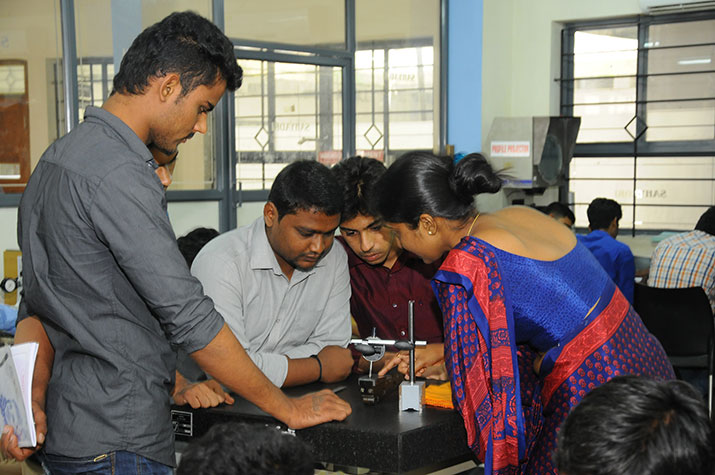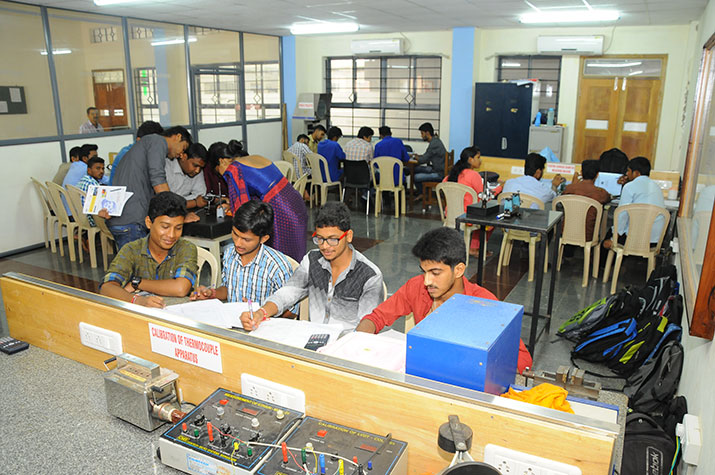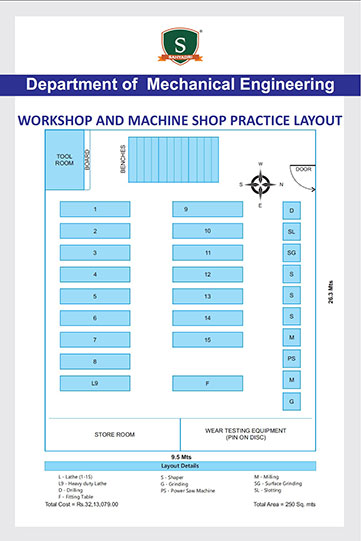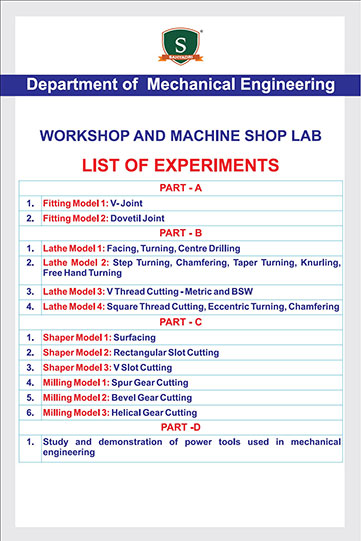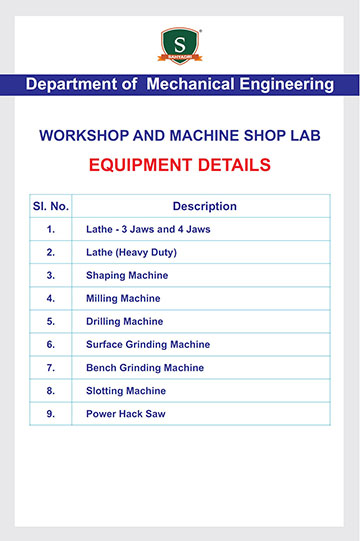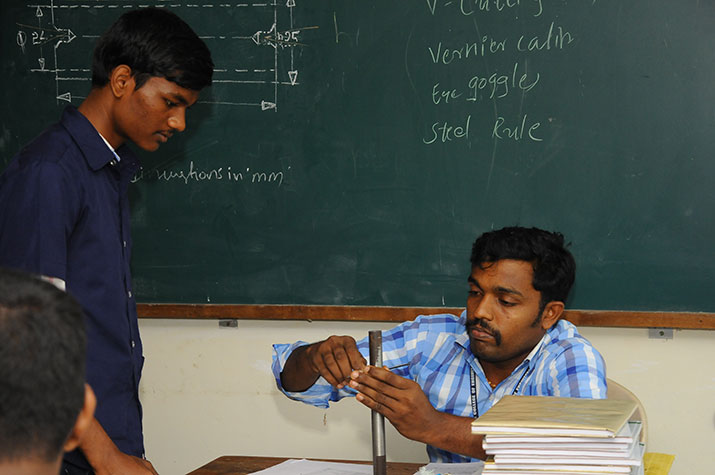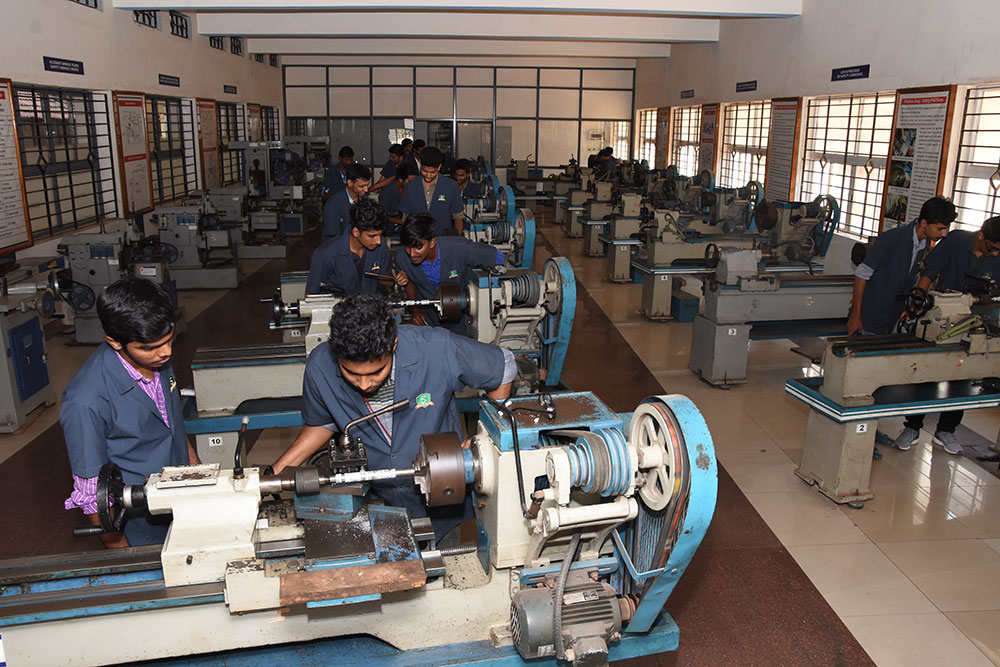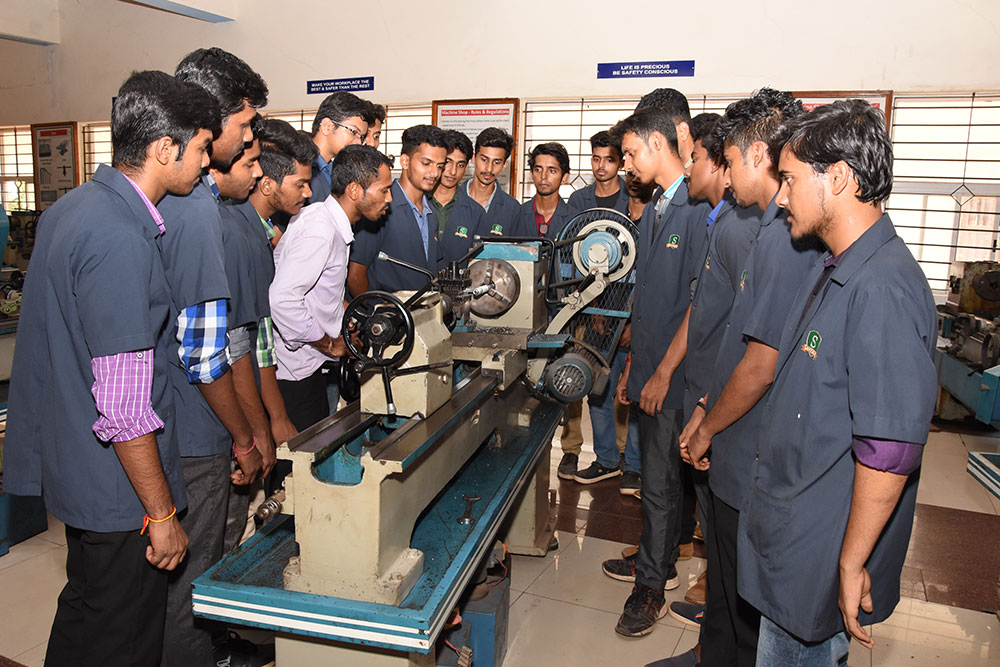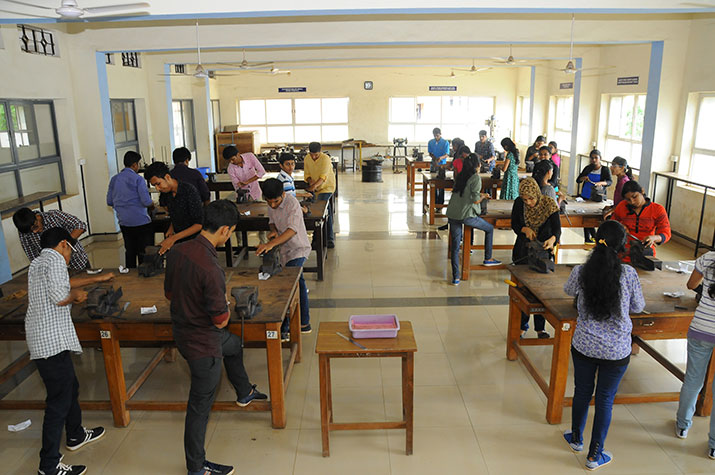Day Two of Sahyadri Conclave – Science, Technology & Management
07-Jan-2018
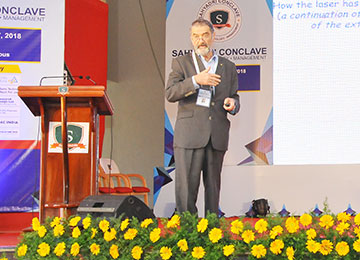
Day Two started with the plenary session of Prof. Serge Haroche, Nobel Laureate who delivered a technical talk on “Controlling and manipulating single photon in a box- The scientific adventure of lifetime”. He discussed stories of his scientific life. He said being a scientist was not a profession but his passion. Between the age of 9 and 12, he was fascinated by various astronomers. He had immense interest in the field of astronomy and was keen to learn more and discover the laws beholding the same. He also spoke about mutual relationship between atoms and light. He spoke about how classical physics could not solve the puzzle of spectrum of light being emitted from heated bodies and the concept of photoelectric effect.
The second plenary session was facilitated by Prof. Satish K. Tripathi, President, University at Buffalo, USA. He spoke on “Change, Risk and Success – A Personal Story”. According to him there are three principles, an individual must inculcate: i) Set long term ambition and be ready for change, ii) Be self-reliant and always be ready to learn from others, iii) Plan strategically and carefully but always be ready to take risk. He was influenced by great faculty who instilled the idea of learning. He stressed on fundamental education and humanity. He emphasised on analytical and mathematical understanding of data using decision making.
Plenary Session Three was facilitated by Vice Admiral N N Kumar, the Executive Director (Production) at BrahMos Aerospace Private Ltd. He delivered a talk on “BRAHMOS – A Journey of Excellence”. He spoke about India’s first launch vehicle SLV 3 and how successfully it was launched under the leadership of Dr. APJ Abdul Kalam. He also spoke about the five projects which were executed by The Missile Study team. He spoke about classification of Missiles, technologies established and Dr. APJ Abdul Kalam’s visionary idea-Seed for joint venture. He presented the various specifications used for deployment of BRAHMOS on SU-30. He concluded his talk by saying that “Weapons are not made to win the war, it is to avoid the war”.
Panel Discussion was held on the theme “Water”. The panellists were Prof. T G Sitharam, Chairman of AICTE, South West Regional Office, Prof. M N Vidyashankar, IAS, Former Additional Chief Secretary & Dr. K Chidananda Gowda, Former Vice-Chancellor, Kuvempu University, Shimoga. The panellists stressed that for the sustainability of the planet water is essential. They said - access to clean water is a major challenge and according to the World Bank, every individual requires 135 litres per day to meet their basic requirements. They also discussed the reasons for water scarcity arising from increasing demand from domestic, agricultural and industrial sectors. The probable solutions for water scarcity lies with the inland reservoirs, interlinking of rivers, recharging the ground water, desalination of sea water, utilising flood water before it joins water and rain water harvesting.
Simultaneously, there were technical sessions held in various venues of Sahyadri to address the domain specific participants like Computer Science & Information Science, Electronics & Communication, Mechanical and also Management.
Afternoon Sessions of Day Two
During the afternoon session of Day Two, Prof. Ada E Yonath, Nobel Laureate who was awarded the 2009 Nobel Prize for Chemistry spoke on the topic - “From Eco-problems to Eco- Friendly antibiotics”. She said that the ribosomes are universal. They function in a very similar way in all cells regardless of their source and hardly make mistakes. Most of the ribosomal antibiotics are extensions of small organic molecules that cannot be digested by eukaryotes and non-degradable in the environment. Therefore, they may penetrate into agricultural irrigation systems; enter human system and hence spreading antibiotic resistance.Dr. T. G. Sitharam, Chairman, AICTE, South West Regional Office spoke on “Sustainable Strategies for Water Resource Development using Rain Water”. He explained about replenishing ground water, river rejuvenation and coastal reservoir. He said that water storage is essential for irrigation, drinking water supply and hydropower to provide a buffer for flood management. He also spoke about the construction of an underground dam, India’s traditional water harvesting structures, coastal fresh water reservoir, various possible schemes for sea based/coastal reservoirs, Sea Based Reservoir Vs Land Based Reservoir, the Gulf of Khambhat Development project in Gujarat and advantages of coastal reservoir.
Dr. K. Chidananda Gowda, former Vice-Chancellor of Kuvempu University delivered a talk on “Disruptive Technologies”. Disruptive technology displaces an established technology and shakes up the industry or a ground. It involves breaking product that creates technology. It alters the way in which a business operates. “Innovator’s Dilemma” shares a brief explanation of disruptive technology. He highlighted that Clayton Christensen first introduced the concept of disruptive technology. Some of the common disruptive technologies are PC displaced typewriters; email replaced the way we used to communicate using letters. Smartphone’s replaced cell phones and PDA’s. We are currently in the Fourth Industrial Revolution. The First Industrial revolution used water and steam power to mechanize products. The Second Industrial revolution used electric power for mass production while the Third Industrial revolution evolved around digital revolution. The Fourth Industrial revolution involves fusion of technologies, blurring lines between physical, digital and biological spheres. It has been evolving exponentially rather than linearly. He emphasised that Clayton contrasted disruptive innovation with sustaining innovation which simply improves existing products. Mckinsey’s 12 disruptive technologies changing the world were discussed during the session.
Mr. M V Subramanian, Co-Founder & Managing Director of Future Focus Infotech Pvt. Ltd. (FFI) and Mr. Sundaram Moorthy, the CEO of Caliper Engineering & Lab Pvt Ltd, Sahyadri Campus spoke on “Industry 4.0 with respect to Mechanical Engineering”. They spoke about Bot technology, enlightened students with information of coding, programming, importance of various engineering fields in today’s scenario i.e. interdisciplinary approach etc. Students were motivated to take programming as a hobby rather than syllabus, to have hands on experience rather than theoretical study. They also briefed about the several opportunities provided at Sahyadri to students and stimulated them to grab these opportunities with positive attitude. Finally, the session was concluded with the quote - “Watch around and what happening approach?” which helps students to achieve their goals in best possible way.
Mr. Hisashi Yamasaki San I, the Director of OTC Daihen India Pvt Ltd, Gurgaon, Mr. Kapil Dev Sharma, the Manager, technical support department of OTC Daihen India Pvt Ltd, Gurgaon and Mr. Kiran Thamankar (Deputy GM Sales Department), presently working with Japanese Welding & Robotic Multinational M/S OTC Daihen India Pvt Ltd, Gurgaon delivered a talk on “Trends on Welding Automation and Future for Welding automation in India”. They spoke about man power challenges in India and the fields these challenges can be dealt with like requirement of skilled personnel, financial assistance, return justification to the investment on the technology and so on. They enlightened the gathering on the different trends in automation and its future in Indian market. They touched upon the various welding technologies currently used in India and how it can be efficiently replaced by Robotic welding such as in thermit welding, arc welding etc. Finally, they briefed about their company right from its incubation in 1919 to its current status in global market.
Dr. Amar Kumar Pandey, Additional Director General of Police at Government of Karnataka, Bengaluru spoke on “Managing enterprise complexities” with specific reference to “Refugees right to return and reintegration – A comparative analysis of Bosnia-Herzegovina and Sierra Leona”. He has briefed about refugees rights to return and reintegration. He explained about the structure of solving complex problems by formulating strategies and perspective planning. He also described about the ontology of architecture of return. He referred to the 15 stages of return namely peace agreement, cessation of wars, demilitarization, conduct of election and so on.
Mr. H V Dinesh Prasad, Founder Chairman & Principal, Noble School of Business, Bengaluru spoke on “Business Analytics”. He started his session by describing data analysis and various data measurement scales. He emphasized on the relevance of data driven decision making process using a live example. He went about discussing the uses and application of data analytics in day to day life by quoting varied examples. He showed the relationship that exists between analytic capability and organization value addition. He concluded his session by showing the application of SPSS software and interpretation of the same.
Prof. M N Vidyashankar IAS, Former Additional Chief Secretary spoke about “Water Revolution 2”. He explained how water sectors can be sustained in the country and the need to recycle wastewater. Recycling of waste water is the need of the hour as water shortage is felt throughout the world. He emphasised the need of effective methods for water recycling. He also explained how the countries like Israel and Singapore adopting new technology which have proved sustainable methods for water treatment.
Mr. Ramakrishna Y B, the Chairman - Working Group on Bio Fuels Ministry of Petroleum & Natural Gas, Government of India spoke on “Climate change challenges – Importance of western Ghats”. He told Western Ghats are one of India’s largest natural carbon sinks and a biodiversity hotspot. He also mentioned that uncertain rainfall pattern is one of the biggest impacts of climate change. He explained how humanity consumption is outstripping the earth resources. He emphasised on the necessities for conservation of ecosystems in order to sustain the biodiversity, hydrology and ecology.”
Prof. Robert C Richardson, the Director of the Institute of Design, Robotics and Optimization and Director of the Leeds EPSRC National Facility for Innovative Robotic Systems spoke on “Robotic Inspection maintenance and repair of urban water systems”. He held a prestigious research contract to explore the Great Pyramid of Giza, Egypt using robotic technology and has discovered writing in the Great Pyramid that was hidden for thousands of years. He explained regarding the structure, motors and sensors required to build the robot. He also explained about under-water robotics.

